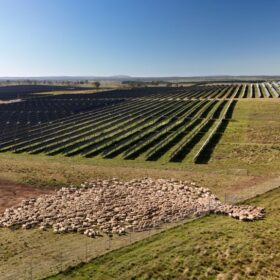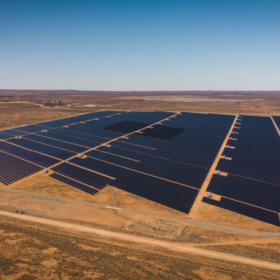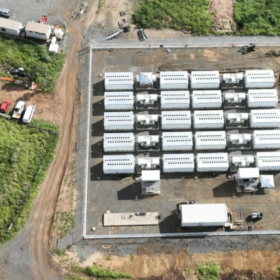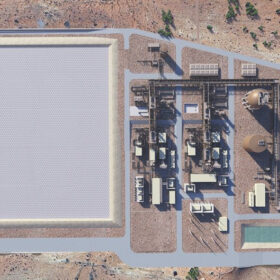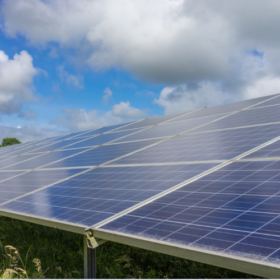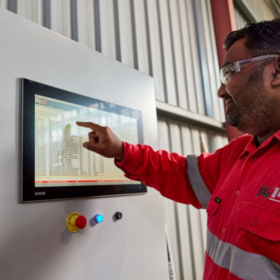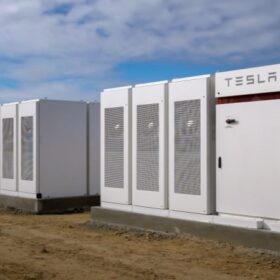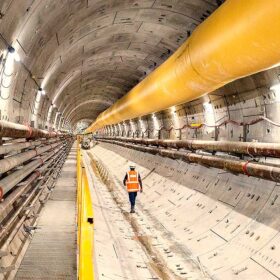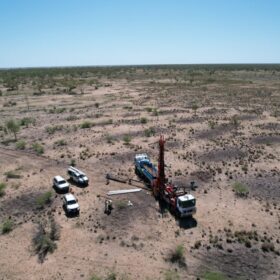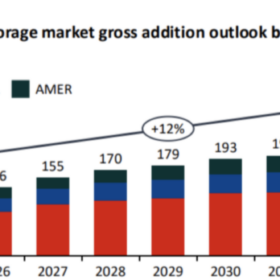Land agency says renewables target driving ‘huge’ demand
With renewable energy capacity in Australia expected to at least double over the next six years, the search for land to host solar, wind and energy storage developments is offering a new income stream for interested landowners.
Lawler talks of ray of sunshine for idle NT solar farms
Three sleeping solar farm beauties in the Top End may receive the kiss of life with Northern Territory Chief Minister Eva Lawler indicating the government could buy them from their owner, but questions remain about grid stability.
Genex eyes new PPAs for Bulli Creek solar project
Fortescue has missed a deadline to reach financial close on a green hydrogen project in Queensland that is key to Genex Power’s proposed Bulli Creek solar and big battery development, but there are other names on Genex’s dance card if the deal falls through.
Weekend read: Cut to the CAES
Compressed air energy storage (CAES) sits at a crossroads. It is considered a mature form of deep storage due to its components being firmly “de-risked” but few projects are operating in the Western world. A project in the remote New South Wales town of Broken Hill promises to lead the way.
CIP acquires majority stake in Elgin Energy
Copenhagen Infrastructure Partners has acquired a majority stake in Elgin Energy that will help the Ireland-headquartered solar developer to transition into an independent power producer and grow its pipeline of projects in new and existing markets, including Australia.
Hot results for industrial energy storage testing phase
South Australian energy storage specialist 1414 Degrees will move its SiBox thermal energy storage technology to market after 12 months of testing proved the molten silicon tech is reliable, safe, and an adaptable energy storage solution.
Tesla reports record energy storage deployment figures
Tesla’s global electric vehicle sales are plummeting, but its energy storage business is surging, with more than 4 GWh deployed in the first quarter of 2024 alone.
Queensland battery manufacturer lands grant for automated pilot plant
Queensland-based clean tech company Graphene Manufacturing Group has hit a home run toward commercial product roll-out after pocketing a $2 million grant to spearhead the development of an automated assembly plant in the state capital.
Malaysian player targets 2 GW renewables portfolio for Australia
Malaysian engineering and infrastructure company Gamuda has announced it will shift its focus in Australia to the clean energy and renewables infrastructure market, laying out plans to build a 1 to 2 GW portfolio of solar and wind projects in the next five years.
Idemitsu grabs stake in Graphinex battery materials bid
Australian miner Graphinex’s ambition to establish an integrated graphite mining and battery anode manufacturing business in Queensland has attracted the support of Japanese oil and gas giant Idemitsu Kosan.
